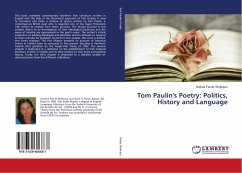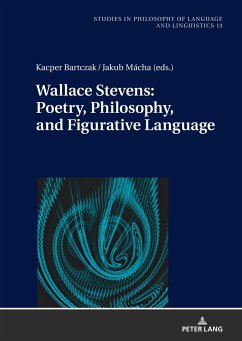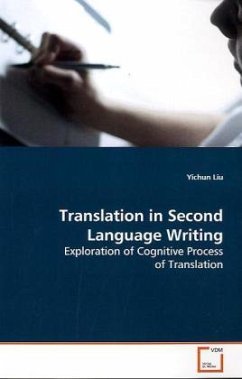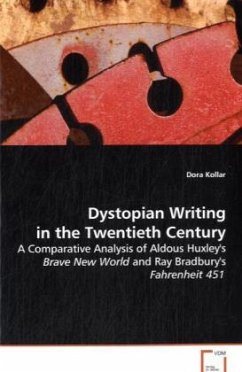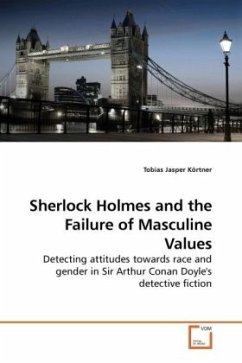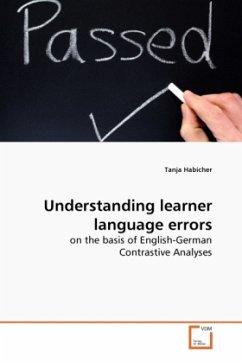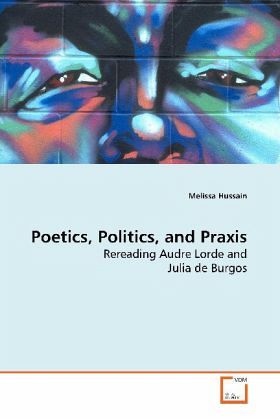
Poetics, Politics, and Praxis
Rereading Audre Lorde and Julia de Burgos
Versandkostenfrei!
Versandfertig in 6-10 Tagen
39,99 €
inkl. MwSt.

PAYBACK Punkte
20 °P sammeln!
In this rereading of the two women third-worldpoets -the Puerto-Rican feminist-anticolonial poetJulia de Burgos (1914-1953) and the African-Americanlesbian-feminist poet Audre Lorde(1934-1992)--Melissa Hussain explores the dialecticbetween the political-economic and the cultural inthe site of poetic production. She attempts tounderstand poetry as praxis by undertaking aMarxist-feminist-postcolonial rereading of these twopoets whose works, she argues, are crucial tounderstanding the current local and global conditionsand configurations of imperialism, (neo)colonialism,capitalism, racism and pat...
In this rereading of the two women third-world
poets -the Puerto-Rican feminist-anticolonial poet
Julia de Burgos (1914-1953) and the African-American
lesbian-feminist poet Audre Lorde
(1934-1992)--Melissa Hussain explores the dialectic
between the political-economic and the cultural in
the site of poetic production. She attempts to
understand poetry as praxis by undertaking a
Marxist-feminist-postcolonial rereading of these two
poets whose works, she argues, are crucial to
understanding the current local and global conditions
and configurations of imperialism, (neo)colonialism,
capitalism, racism and patriarchy, and oppositional
cultural politics that seek to challenge and even
change those conditions and configurations. The
oeuvre of these two poets serves as an example of how
poetry rises above the level of mere aesthetic
playfulness and turns out to be a material force, to
the point of becoming a praxis. Both Julia de Burgos
and Audre Lorde fashion an antiracist, anticolonial,
feminist, and anticapitalist poetics of cultural
resistance -in not only their writings, but also
their personal involvement in actually existing
struggles in which their writings are organically rooted.
poets -the Puerto-Rican feminist-anticolonial poet
Julia de Burgos (1914-1953) and the African-American
lesbian-feminist poet Audre Lorde
(1934-1992)--Melissa Hussain explores the dialectic
between the political-economic and the cultural in
the site of poetic production. She attempts to
understand poetry as praxis by undertaking a
Marxist-feminist-postcolonial rereading of these two
poets whose works, she argues, are crucial to
understanding the current local and global conditions
and configurations of imperialism, (neo)colonialism,
capitalism, racism and patriarchy, and oppositional
cultural politics that seek to challenge and even
change those conditions and configurations. The
oeuvre of these two poets serves as an example of how
poetry rises above the level of mere aesthetic
playfulness and turns out to be a material force, to
the point of becoming a praxis. Both Julia de Burgos
and Audre Lorde fashion an antiracist, anticolonial,
feminist, and anticapitalist poetics of cultural
resistance -in not only their writings, but also
their personal involvement in actually existing
struggles in which their writings are organically rooted.



